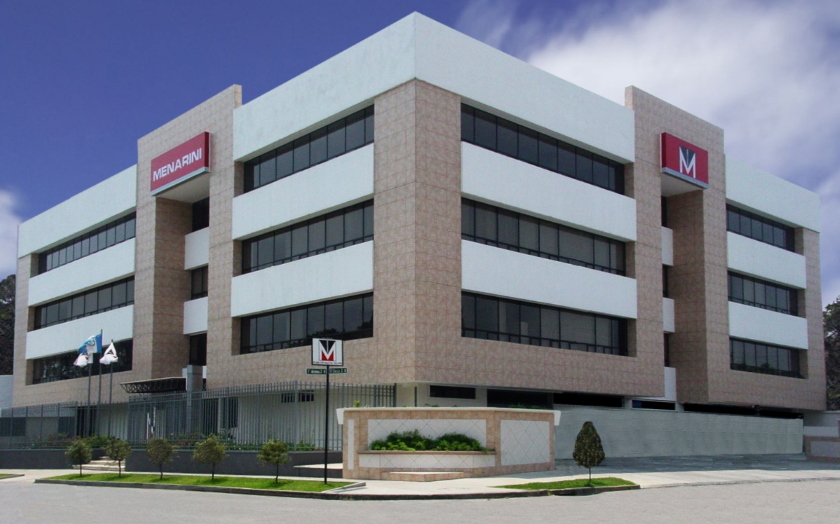Menarini bags blood cancer drug with $677M Stemline acquisition

Italian drugmaker Menarini has agreed to buy Stemline Therapeutics, bolting on an already-approved drug for a rare form of haematological cancer and establishing a beachhead in the US.
Privately-held Menarini is paying up to $677 million for Stemline and Elzonris (tagraxofusp-erzs), the biotech’s treatment for blastic plasmacytoid dendritic cell neoplasm (BPDCN), which was approved in the US towards the end of 2018.
Elzonris is the first drug to be specifically approved by the US regulator for BPDCN, an aggressive and rare disease of the bone marrow and blood that can affect multiple organs, including the lymph nodes and the skin, and can develop into a form of leukaemia.
Menarini is paying $12.50 per share for Stemline, a sizeable premium on the company’s share price of $4.75 before news of the deal emerged. A dollar of that total is in the form of a contingent value right (CVR) tied to the first sale of Elzonris in one of the top five EU markets.
The deal is the first major acquisition under Menarini’s group chief executive Elçin Barker Ergun, who took the helm of the family-owned drugmaker last year, moving from a role as head of new business at the healthcare division of Merck KGaA. It also shows that M&A can still continue despite the coronavirus pandemic.
Elzonris is a fusion protein consisting of interleukin-3 fused to diphtheria toxin that targets CD123, and in clinical trials achieved a complete response rate of 54% in adults and children aged over two with BPDCN. It is the first anti-CD123 drug to be approved anywhere in the world.
The drug has also been submitted for approval in the EU, with a decision from the EMA expected in the latter half of this year.
Menarini said it will use its presence outside the US to expand sales of Elzonris, which made just over $43 million in sales from the US market alone last year, with around $12 million of that coming from the fourth quarter.
That’s hardly breakneck sales growth, but BPDCN is a tiny market and Stemline has said diagnosis rates have been “choppy”.
The biotech has ambitions however to expand the use of the drug to other diseases that involve CD123, which include chronic myelomonocytic leukaemia (CMML), myelofibrosis and acute myeloid leukaemia (AML) – much larger opportunities.
One factor that may be holding back growth is a black box warning on Elzonris’ label in the US that it can cause capillary leak syndrome, which can sometimes be life-threatening.
The Stemline deal isn’t only about Elzonris, as the biotech also has an XPO1 inhibitor called SL-801 in phase I trials for advanced solid tumours and a RET inhibitor – SL-1001 – that is due to start clinical trials next year but is several years behind rival drugs from Eli Lilly and Blueprint Medicines.
The biotech ended the fourth quarter with $164 million in cash, thanks to a $76 million public offering that completed last summer.
Menarini licensed an AML candidate from Helsinn – HDAC inhibitor pracinostat – in late 2018, and also strengthened its position in antibiotics last year by acquiring rights to meropenem/vaborbactam, oritavancin and intravenous minocycline from Melinta Therapeutics in Europe.
“Stemline is an excellent fit for Menarini, enabling us to expand our presence in the US with an established biopharmaceutical company focused on developing oncology therapeutics,” said Barker Ergun.
“Through this acquisition, we will continue to strengthen our portfolio and pipeline of oncology assets and deliver novel therapies around the world,” she added.











